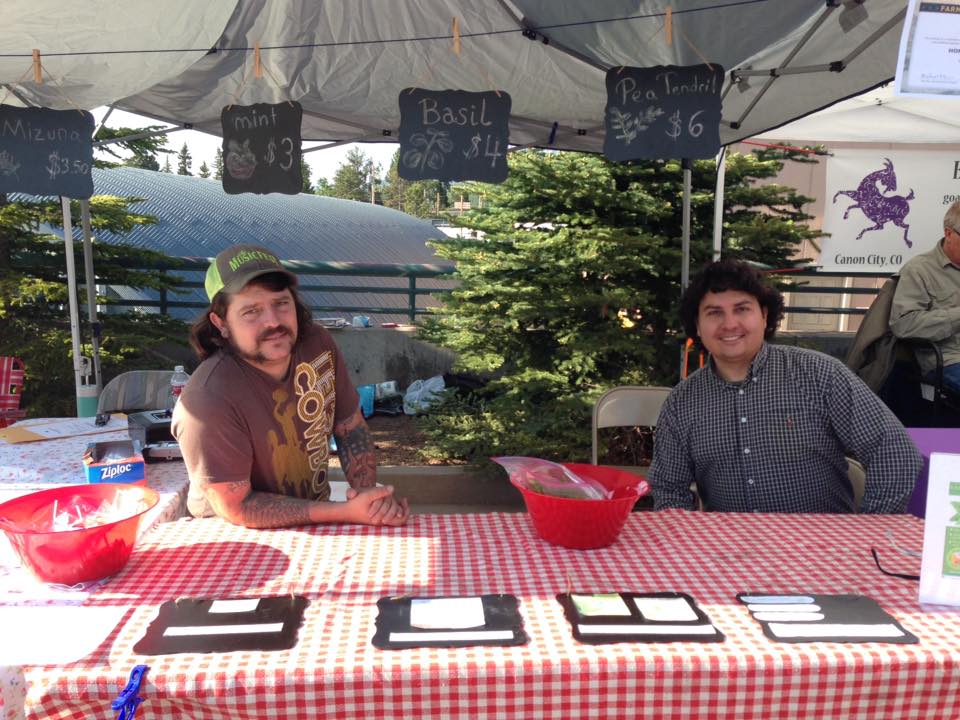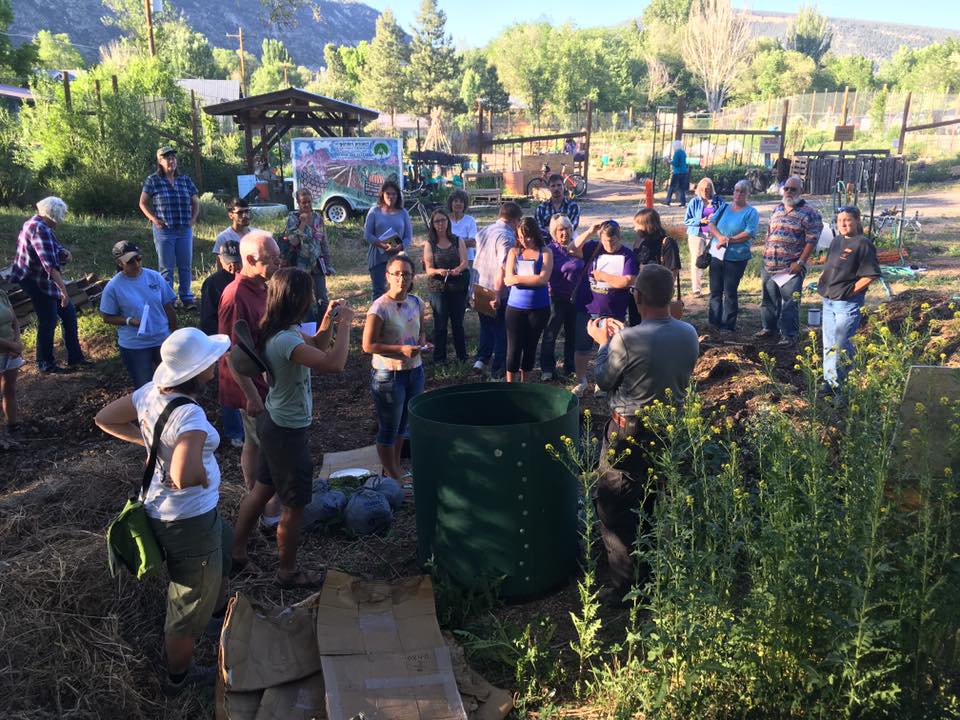Veterans are back on the front lines; only this time they’re securing our nation’s food supplies and sustainability by unleashing their inner farmer and establishing small homestead and urban farms across the USA.
Colorado Springs was recently ranked as #7 (of 100) in a Best and Worst Places for Veterans to Live. That it should rank just one away from cool and hip Austin, Texas fills me and many of my military and civilian friends with pride. There’s no doubt about it, military families are putting down roots in the southwest and bringing a richness and diversity from which we all can benefit. One of the ways this manifests itself is in the number of veteran-owned enterprises that have sprung up to service the booming local food scene along the Front Range, and points west of the Rockies.
Like Tortuga Farms in Colorado Springs, where two veterans have put to good use their “thinking outside the box” abilities to problem solve. Don Martinez (you can read his Tortuga Farm archive online at LimaCharlieNews) joined forces with Tony Fisher to start a hydroponic cum aquaponic farm in a disused industrial building. Don, inspired by the work of Denver-based Veterans2Farmers, where he learned the basics of this sort of agriculture, and following a few trips to local big-box DIY stores, fitted out his basement as a farm, using plastic storage tubs as water reservoirs and goldfish instead of tilapia as his first nutrient source in the aquaponic cycle: fish produce waste that feeds the microbes and worms that convert the waste into nutrient rich water that feeds the plants that are grown in it. Simple. He’s now thinking of scaling up to koi fish, which would bring in another revenue stream. They retail their microgreen and fresh herb crops at local farmers markets and to chefs in the region.

Down in the Four Corners, near Durango, Colorado, Greg Hopkins and his partner, Edit Aquarian, established the Veterans Homestead Project at Breen Mesa Farms. He is a veteran with more than a decade of service as a Pararescueman; what he experienced left him traumatized and in a downward spiral as he self-medicated his severe PTSD. Farming saved him, and it is that knowledge he now shares with other veterans who face the same problems. Working with animals, getting hands in the soil – filled with beneficial microbes that do their part to alleviate the darkness so many veterans confront — and finding again the “got your six” (military speak for “got your back”) camaraderie military service engenders, and that so many miss once they transition into civilian life, all factor into the saving grace of regenerative farming. It doesn’t end there: Edit, raised on a small farmstead in Hungary, adds her knowledge of dairy craft, bottling, baking and permaculture farming to make well-rounded starter-farmers of those who pass through Breen Mesa’s gates. Their story is typical: operating on a wing and a prayer they depend on donations to keep going, despite the financial odds that would seem to be against it.

These farmers were among a group of veteran farmer support groups who participated last week in the first informational meeting, held at Fort Carson, and presented by Pikes Peak Veterans in Agriculture. This is a group I started with help from military and civilian agencies in Colorado Springs. We kicked off this past spring following a screening of the film Ground Operations: Battlefields to Farmfields at City Hall, with support from the office of Mayor John Suthers. Afterwards, members of the audience wanted to know “What do we do next?” Now, with input from the Farmer Veteran Coalition, a nationwide “umbrella” for this movement, they’re finding out! And maybe next year, our fair city will have moved up the “best list”.
If this leaves you wondering what you can do next, one idea is to search out and support your local veteran-run businesses while doing your holiday grocery shopping. Look for the Homegrown by Heroes label. Then you, too, can say “got your six” as well as “thank you for your service.”
Happy Thanksgiving!

Like us on Facebook @PPVetsInAg
©Ethne Clarke, 2016 Photographs courtesy of the organizations.


